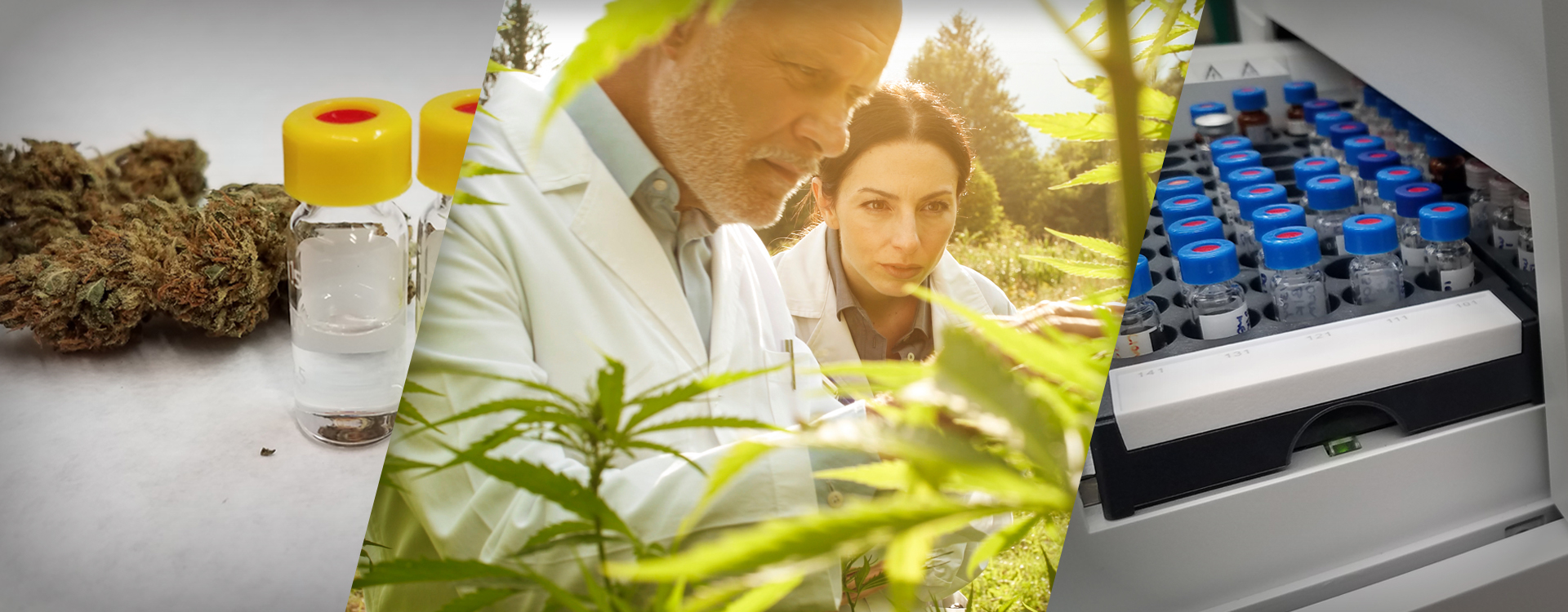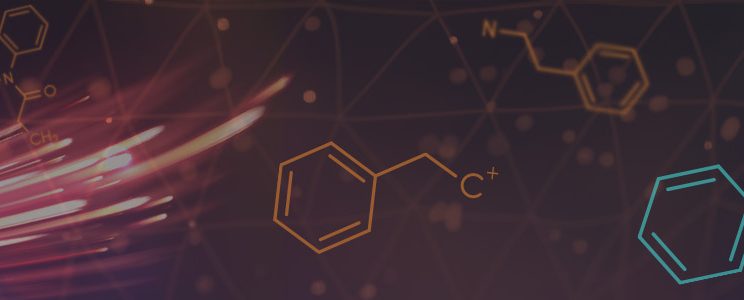← View the Previous Marijuana or Hemp Webinar
This webinar originally occurred on March 25, 2020
Duration: 2 hours
Overview
Due to the overwhelming attendance and interaction for the first Marijuana or Hemp: From Farm Bill to Forensic Analysis webinar that was originally held on January 15th 2020, we have brought the presenters back to answer your questions directly. In this webinar we will be conducting a deeper dive into all of the questions from the forensic community that were not able to be addressed in the first webinar. This is an opportunity for the forensic community to get the answers to the questions that directly impact their professional capacities.
In the first webinar, attendees heard from experts in agricultural policy, hemp industry analytical testing, and the DEA Special Testing and Research laboratory to obtain a better understanding of the issues that have developed within the field of forensic drug testing since the signing of the Agriculture Improvement Act of 2018 (“2018 Farm Bill”). This webinar provided a history of US farm policy as it relates to the legalities of hemp and tetrahydrocannabinol (THC). Information on farming and quality testing used by the hemp industry was presented. The DEA shared their revised and enhanced forensic testing program for the effective and efficient identification of suspected marijuana submissions.
In December 2018, Congress enacted the 2018 Farm Bill, which included provisions intended to facilitate the commercial cultivation, processing, and sale of hemp and hemp-derived products. Chief among these was an amendment to the Controlled Substances Act (CSA), which excluded hemp (as defined) from the statutory definition of marijuana. This removed longstanding federal restrictions on hemp cultivation, making it no longer subject to regulation as a Schedule I controlled substance under the CSA and oversight by the Drug Enforcement Administration (DEA). Instead, hemp cultivation would be legal and subject to regulation by the U.S. Department of Agriculture (USDA).
Prior to the 1950s, hemp was widely cultivated in the United States and supported by the U.S. Department of Agriculture (USDA) as any other agricultural commodity. During the 1950s, hemp became entangled with U.S. efforts to regulate controlled substances, including marijuana, since hemp and marijuana are from the same plant species—Cannabis sativa—but from different varieties and cultivars. The 2018 Farm Bill included a number of provisions related to hemp production, intended to further facilitate the commercial cultivation, processing, marketing, and sale of hemp and hemp-derived products in the United States. Among these was an amendment to the CSA excluding hemp (as defined in the 2018 Farm Bill) from the statutory definition of marijuana. This changed from the CSA removed hemp's status as a Schedule I controlled substance, thus allowing for the legal cultivation of hemp subject to regulation by USDA.
The accurate determination of THC in plant material and products infused with hemp and marijuana have created testing challenges. This webinar discussed the differences between Δ9-THC and Δ9-THCA, as well as sampling, storage, and testing techniques to appropriately assess the sample in question. To round out this discussion, we described the testing and quality systems that are currently utilized to provide insight into the growing hemp and marijuana industries.
Upon signing of the 2018 Farm Bill, analysis of cannabis exhibits in DEA laboratories was suspended and a new analytical scheme was designed for addressing the legal requirements of the new law. This section of the webinar provided the audience with an overview of the effects of the Farm Bill throughout the DEA laboratory system, including changes in sampling procedures, laboratory analyses, and reporting policy. Analysis discussions provided details on the newly designed analytical scheme, background on the individual methods incorporated, and validation studies performed.
Detailed Learning Objectives
- Understand the 2018 Farm Bill, which created a USDA-administered hemp program, requiring the USDA to establish a regulatory framework to monitor compliance and regulate hemp production.
- Understand the difference between Δ9-THC and Δ9-THCA, along with the testing and quality systems being used within the hemp and marijuana industries.
- Provide the audience with an overview of the new analysis protocol implemented in DEA laboratories to efficiently identify marijuana submissions.
Presenters
- Renée Johnson
- Mike Goodrich
- Dr. Sandra Rodriguez-Cruz
Funding for this Forensic Technology Center of Excellence webinar has been provided by the National Institute of Justice, Office of Justice Programs, U.S. Department of Justice.
The opinions, findings, and conclusions or recommendations expressed in this webinar are those of the presenter(s) and do not necessarily reflect those of the U.S. Department of Justice.
Contact us at ForensicCOE@rti.org with any questions and subscribe to our newsletter for notifications.




